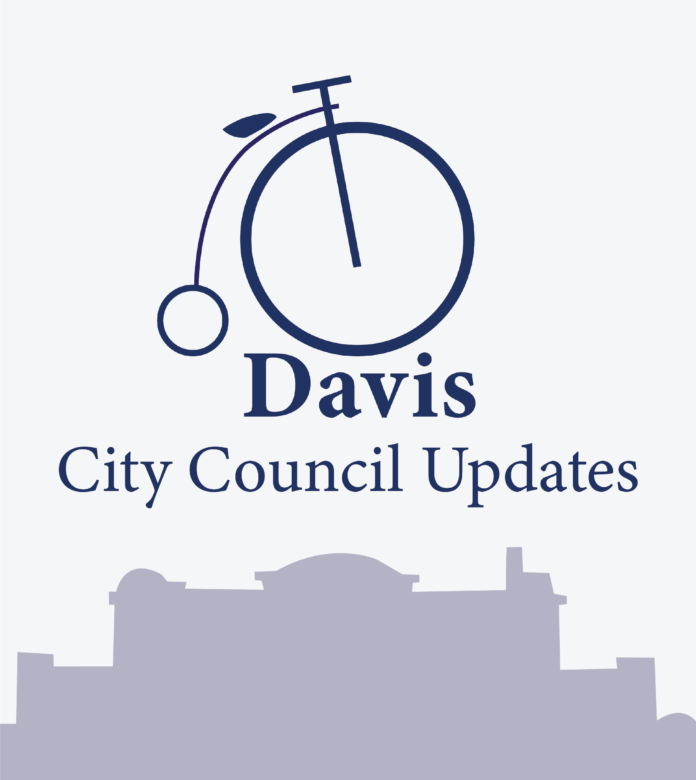The most recent Davis City Council meeting featured discussion on the development and its environmental concerns
By HANNAH SCHRADER — city@theaggie.org
On Oct. 23, the Davis City Council met and discussed the creation of an environmental impact report for the Village Farms development.
Village Farms is a project created to combat the housing crisis in Davis through the addition of affordable housing within a mixed-use community.
City Council Member Donna Neville opened discussion of the agenda item by clarifying the stage the Village Farm project is in. The agenda item elicited significant feedback from the public.
“It’s so important for people not to think anything has been decided,” Neville said. “The analysis has not been done yet, we are simply notifying the public that it will start. That’s it.”
After opening up the agenda item for public comment, a local resident expressed their support of the upcoming project because of its location and how that may affect car usage in Davis.
“This EIR (Environmental Impact Report) will be different from any EIR we have ever seen because it operates under a new bill called SB 743, which was passed in 2013 by Steinberg [and] basically says, ‘We do not care about traffic congestion anymore, we care about vehicles miles traveled,’” the resident said. “[…] Congestion relief is not an environmental impact, so this project is [great] and I think we should move ahead with [it].”
Another public commenter expressed a different opinion and voiced concerns about new housing near an already traffic-filled area.
“Is there a plan to handle traffic on the Covell and Pole line intersection?,” the resident said. “Where a bicyclist already lost her life before any of this extra traffic? The idea of city density to prevent sprawl and protect farmland is a wonderful idea, but one size does not fit all, especially when you are creating sprawl and developing on farmland.”
Mayor Will Arnold stated the purpose behind the SB 743 bill and how it pertains to this upcoming development.
“The mitigation measures are to allow for more traffic flow, whereas with the new state goals in terms of VMT [Vehicle Miles Traveled] reduction, that’s not something the state wants to incentivize […], greater flow of traffic, but instead fewer vehicle miles traveled — that’s the reasoning behind it as I understand,” Arnold said.
Councilmember Bapu Vaitla provided input from a long-term environmental angle on the overall impact of the project.
“For me, part of the frustration with the process, from a narrow short-term perspective, [is that] having more units or higher density might look like greater environmental impacts in terms of total VMT, for example,” Vaitla said. “But from a long-term perspective, it might be that higher density or more units might be lower per capita VMT.”
City Manager Mike Webb then suggested a plan to garner more public feedback on this project and eventually bring it in front of the city council again.
“The alternatives that are laid out right now are preliminary and with council direction to do so if we embark on issuing the notice of preparation kicking off that 30-day comment period,” Webb said. “There will likely be other comments and feedback from the community to suggest alternatives folks think we should be looking [at], and once we get those comments we can consolidate [them] and summarize that feedback.”
Written by: Hannah Schrader — city@theaggie.org




